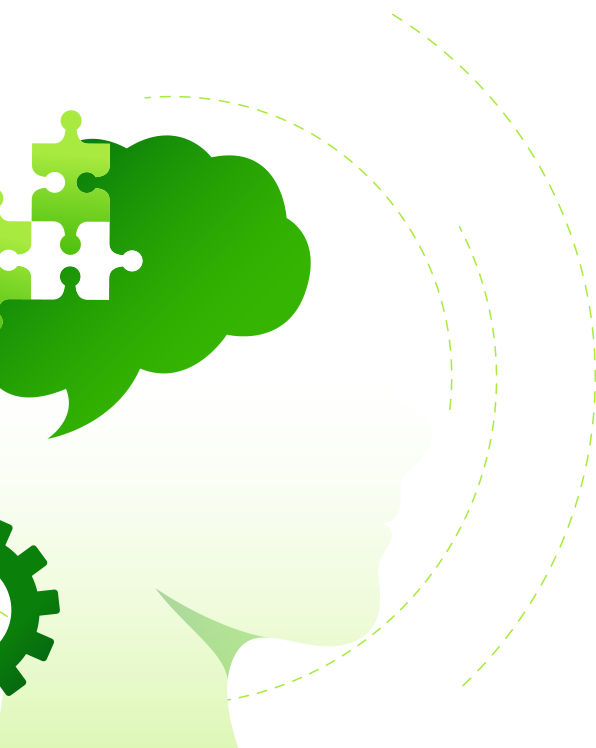
10 Reasons Why 2020 Might be the Best Time to Start Therapy
Along came a virus…
Then came social distancing…
Then we were placed on lockdown…
And now we’re having to adjust to a life called ‘The New Normal’.
We can’t interact as we did.
We can’t touch as we did.
We can’t communicate as we did.
We can’t work as we did.
We can’t shop as we did.
We can’t move about as we did.
We can’t share experiences as we did.
We can’t travel as we did.
We can’t fund ourselves as we did.
We can’t plan as we did.
The list goes on and on. The scale of change that we’ve been rapidly exposed to is vast, uncertain and ongoing. Humans are adaptable for sure, but we’re also creatures of comfort, and our ‘constructs’ (understanding of how we make sense of the world around us) are being shattered left, right, and centre.
We don’t know what effect this amount of change will have on our collective psyche. We don’t know what will happen to our mental health as we move through this pandemic. We don’t know to what extent we are operating from our primal instinctive drivers, and what effect this is having on our nervous system. We don’t know how many of us are in shock, only later to be found suffering from post-trauma responses. We don’t know the collective mental scars of these sudden, and drastic changes to the obliteration of our previous ‘normal’.
What we do know is that:
1. Support Helps.
Talking, and expressing your feelings reduces the pressure you carry internally, and it helps you to gain a better perspective.
2. Processing Helps
Exploring your thoughts enables you to better order your thinking.
3. Consistency Provides Balance
Having regular conversations about your thoughts, feelings, experiences, and behaviours will help you to better regulate yourself.
4. Interaction and Positive Contact Helps
With restricted human contact, regular access to a trained professional will help to provide you with healthy, positive, and useful contact with another person.
5. Healing in Real Time
Working through the challenges of any trauma, or difficulty as it happens means that the pain is less likely to embed itself at a core level. Left until later, emotional hurt can become repressed, or suppressed. In these instances it often festers, causing other unwanted behaviours to occur (which might seem unrelated). When you try to tackle it at a later stage, there’s then often more work to do.
6. One In One Out
There’s only so much someone can take. The changes, struggles, and discomforts are coming in thick and fast, on top of any usual difficulties. If we deal with the challenges whilst they are occurring, we don’t experience a build-up. Essentially we manage our stress and get through the difficult time with a lower sense of struggle.
7. Healthy Coping Strategies
A therapist can look at the areas of your life that are most difficult, and help to guide you with action plans, techniques, and therapeutic tools to better equip you to cope day-to-day.
8. A Designated Vent
Talking, and crying are two of the body’s natural ways of releasing a build-up of pressure. The people in your home, your friends, and your family might also be struggling to cope, which can leave you feeling like you can’t burden them with your difficult feelings. There’s also a chance that if you do try talking to them, their untrained responses might leave you feeling worse. A therapist is specially trained to help you to respond to emotional difficulties in the right way. This will provide you with a guilt-free place to offload, with confidence that their responses will help.
9. Positive Influence
Negativity breeds negativity. It can be really easy to turn to a friend for support who accidentally, unintentionally leaves you feeling worse. Hearing them share their struggles can actually add to your concerns, and give you something else to worry about. Therapists don’t talk about themselves. They talk about you, focus on you, and dedicate your time together to supporting you. They are able to maintain a sense of being grounded so that even when things are really tough, they provide a sense of strength, stability, and structure for you.
10. Crisis Management
There are times when this situation becomes too much for people. Leaving them with a desire to hurt themselves, engage in extreme behaviours, put their safety in jeopardy, fantasise about taking their own life, or attempt suicide. Therapists are able to appropriately support you with all of these crisis situations providing support, understanding, help to access additional services, and designing care plans to minimise the risks of a crisis.


